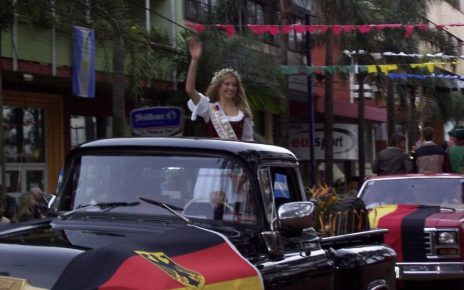The settlement of Germans in the Volga region of Russia dates back to the 18th century. During the reign of Catherine the Great, who was the Empress of Russia from 1762 to 1796, the Russian Empire sought to attract foreign settlers to colonize and develop the sparsely populated regions of the country.
Catherine the Great issued a series of decrees known as the Manifesto of 1763, which invited foreigners to settle in Russia and offered them various incentives. One of the groups that responded to this invitation were Germans, particularly from the regions of Swabia, Hesse, and the Palatinate. These Germans were primarily farmers seeking better economic opportunities and freedom from political and religious restrictions.
The Russian government offered the German settlers land grants, exemption from military service, and religious freedom. The Volga region, specifically along the banks of the Volga River, was designated as a settlement area for the Germans. They established numerous colonies, known as “Volga German” or “Russian German” settlements, where they maintained their distinct culture, language, and traditions.
The Volga Germans made significant contributions to the development of agriculture in the region. They introduced advanced farming techniques, established successful farming communities, and played a crucial role in the transformation of the Volga region into a prosperous agricultural area. They also maintained strong cultural and social ties within their communities, forming close-knit villages and preserving their German heritage.
However, the Volga Germans faced challenges and hardships over the years. During World War I, they faced discrimination and suspicion as the German Empire was Russia’s enemy. In 1941, during World War II, the Soviet government accused the Volga Germans of being potential collaborators with Nazi Germany. As a result, they were subjected to mass deportations and forced labor, and their communities were largely dismantled.
After the war, many Volga Germans were not allowed to return to their original settlements. Some migrated to Germany, while others dispersed throughout Russia and other countries. Today, the descendants of the Volga Germans can be found in various parts of the world, including Germany, Russia, the United States, and other countries, often maintaining their unique cultural identity and heritage.
